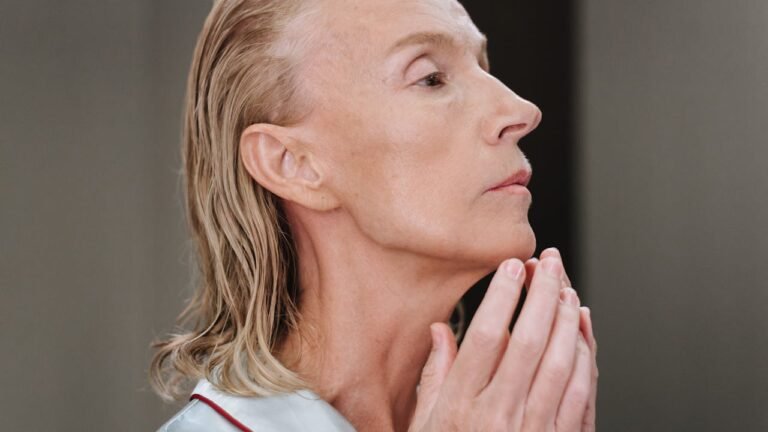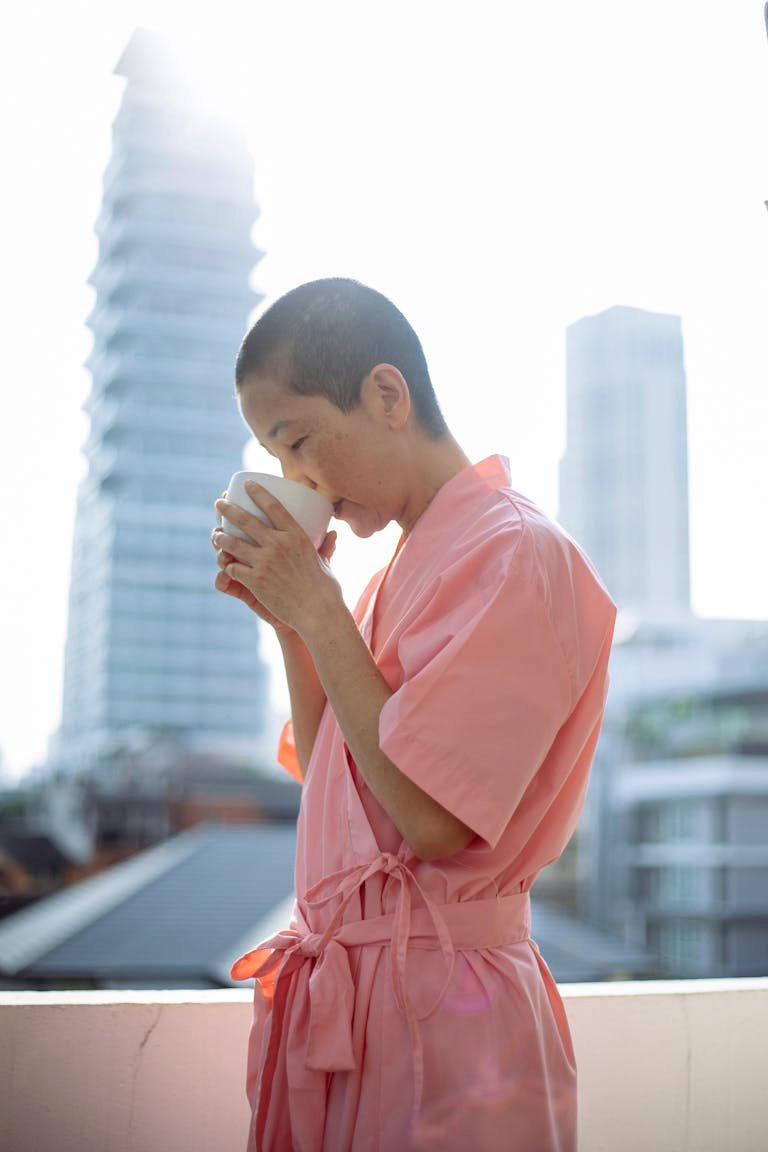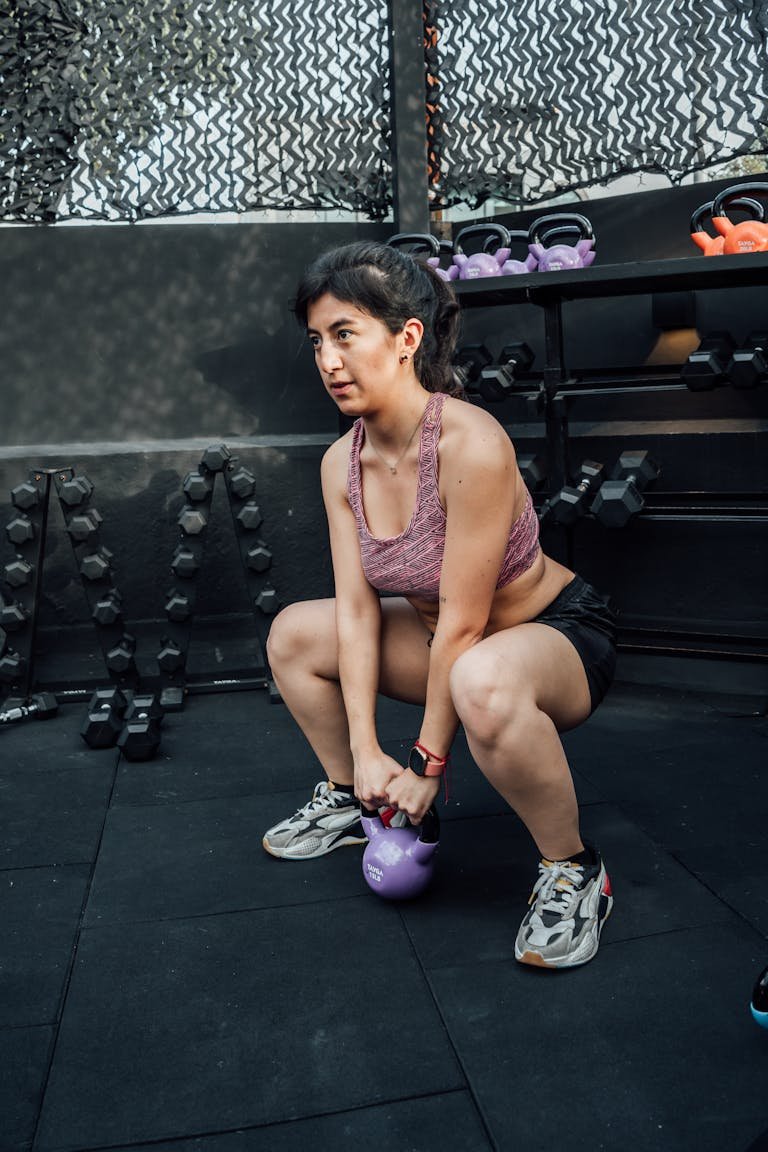Meditation and Mindfulness Techniques to Reduce Stress and Aging
Meditation and Mindfulness Techniques
Aging is a natural process that everyone experiences, but how we age can be significantly influenced by our lifestyle, mindset, and daily habits. One of the most powerful yet often overlooked tools to slow down aging is managing stress effectively. Chronic stress accelerates aging at the cellular level, increases inflammation, and impairs overall health. Fortunately, meditation and mindfulness offer scientifically proven ways to reduce stress, improve mental and physical well-being, and support healthy aging.
Let’s go over how meditation and mindfulness can help reduce stress and slow the aging process, along with practical techniques you can start using today.
How Stress Accelerates Aging
Before diving into meditation and mindfulness, it’s important to understand how stress affects aging.
When you experience stress, your body releases the hormone cortisol, often called the “stress hormone.” Elevated cortisol levels over a prolonged period can cause:
- Damage to DNA and cells, speeding up biological aging
- Chronic inflammation, linked to diseases like heart disease, diabetes, and Alzheimer’s
- Impaired immune function, making you more vulnerable to infections
- Accelerated skin aging, including wrinkles and loss of elasticity
A 2017 study published in Psychoneuroendocrinology found that people with higher cortisol levels tend to have shorter telomeres — the protective caps on chromosomes that naturally shorten as we age. Shorter telomeres are a biological marker of accelerated aging.
Reducing stress and cortisol is therefore essential for maintaining a youthful body and mind.
What Are Meditation and Mindfulness?
Meditation is a practice where you focus your mind and eliminate distractions to achieve a state of mental clarity and emotional calm. It often involves sitting quietly and focusing on your breath, a mantra, or guided instructions.
Mindfulness is the practice of being fully present in the moment, aware of your thoughts, feelings, bodily sensations, and environment without judgment. While meditation is a formal practice, mindfulness can be integrated into daily activities like eating, walking, or even washing dishes.
Both meditation and mindfulness help regulate your nervous system, reduce stress, and increase resilience to life’s challenges.
Scientific Evidence: Meditation, Mindfulness, and Aging
Multiple studies highlight the benefits of meditation and mindfulness for reducing stress and slowing aging:
- Reduced Cortisol: A meta-analysis in JAMA Internal Medicine (2014) found that mindfulness meditation significantly reduces cortisol levels and symptoms of anxiety and depression.
- Improved Telomere Length: A 2020 study published in Frontiers in Psychology showed that long-term meditation practitioners had longer telomeres compared to non-meditators, suggesting a protective effect against cellular aging.
- Enhanced Brain Health: Mindfulness meditation improves brain plasticity and increases gray matter density in areas related to memory, learning, and emotional regulation, which typically decline with age.
- Lower Inflammation: Meditation has been linked to reduced levels of pro-inflammatory markers, helping prevent chronic diseases associated with aging.
Top Meditation and Mindfulness Techniques to Reduce Stress and Aging
1. Mindful Breathing
How to do it:
Sit comfortably with your back straight. Close your eyes and bring your attention to your breath. Notice the sensation of air entering and leaving your nostrils or the rise and fall of your chest or belly. When your mind wanders, gently bring it back to the breath.
Benefits:
Mindful breathing calms the nervous system instantly and can be done anywhere, anytime to reduce acute stress.
2. Body Scan Meditation
How to do it:
Lie down or sit comfortably. Slowly bring attention to each part of your body from toes to head, noticing sensations like tension or warmth without trying to change them.
Benefits:
This practice enhances body awareness and helps release physical tension caused by stress, promoting relaxation.
3. Loving-Kindness Meditation (Metta)
How to do it:
Repeat silently phrases like “May I be happy, may I be healthy, may I be free from suffering.” Then extend these wishes to loved ones, acquaintances, and eventually all living beings.
Benefits:
Cultivates compassion, reduces negative emotions, and improves emotional resilience.
4. Guided Meditation Apps
There are many apps like Headspace, Calm, and Insight Timer that offer guided meditations for beginners and advanced practitioners.
Benefits:
Provides structure and guidance, making it easier to build a regular meditation habit.
5. Mindful Walking
How to do it:
Walk slowly and focus on the sensation of your feet touching the ground, the movement of your legs, and your surroundings. Try to keep your attention in the present moment without distraction.
Benefits:
Combines movement with mindfulness, reducing stress and increasing body awareness.
Practical Tips for Building a Meditation and Mindfulness Practice
- Start small: Begin with 5 minutes daily and gradually increase to 20 minutes or more.
- Consistency is key: Aim to meditate at the same time each day to build routine.
- Create a calm space: Find a quiet, comfortable spot where you won’t be disturbed.
- Be patient: It’s normal for your mind to wander. Gently bring it back without judgment.
- Combine with other healthy habits: Pair meditation with a nutritious diet, regular exercise, and good sleep for maximum anti-aging benefits.
Additional Benefits of Meditation Beyond Aging
- Better sleep quality and duration
- Improved focus and cognitive function
- Reduced symptoms of anxiety and depression
- Lower blood pressure and improved heart health
- Greater overall sense of well-being and happiness
Frequently Asked Questions (FAQ)
Q: How soon will I notice benefits from meditation?
A: Many people feel calmer and more focused immediately, but consistent practice over weeks or months leads to long-term physical and mental benefits.
Q: Do I need special equipment or training?
A: No. Meditation requires no special tools. Beginners can benefit from guided sessions or apps.
Q: Can meditation replace medical treatments for stress?
A: Meditation is a complementary tool. It’s important to consult healthcare professionals for any serious medical conditions.
Q: What if I struggle to meditate or focus?
A: Mind-wandering is normal. Practice with kindness and patience. Short sessions and guided meditations can help.
Why Meditation and Mindfulness Are Essential for Healthy Aging
The science is clear: meditation and mindfulness reduce the harmful effects of stress, improve cellular health, and support cognitive function — all crucial factors in slowing down aging. By adopting these practices, you not only improve your mental health but also boost your physical resilience, allowing you to age with greater vitality and joy.
Get Started Today
You don’t need hours or expensive classes. Even a few minutes of mindful breathing or guided meditation daily can start making a difference. Commit to a simple, consistent practice and watch your stress levels decrease while your energy and well-being improve.
Share Your Experience!
Have you tried meditation or mindfulness to manage stress? What benefits have you noticed? Drop a comment below — your story could inspire someone else on their healthy aging journey.
Subscribe to RedefinedAging for more expert tips and inspiration on living a vibrant, youthful life at any age.







